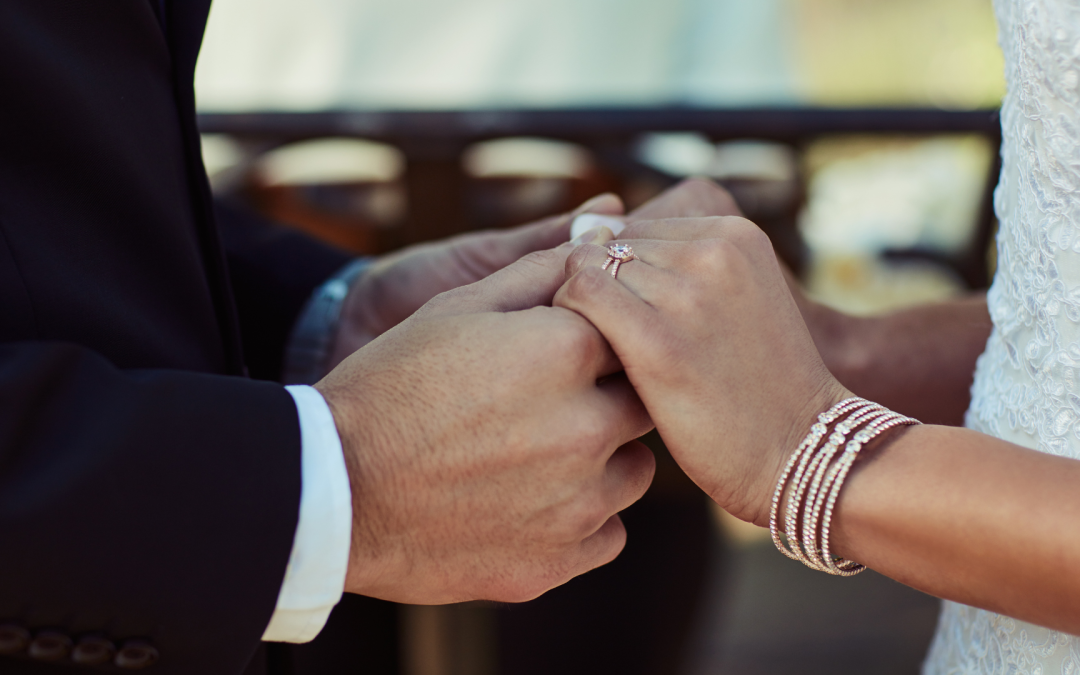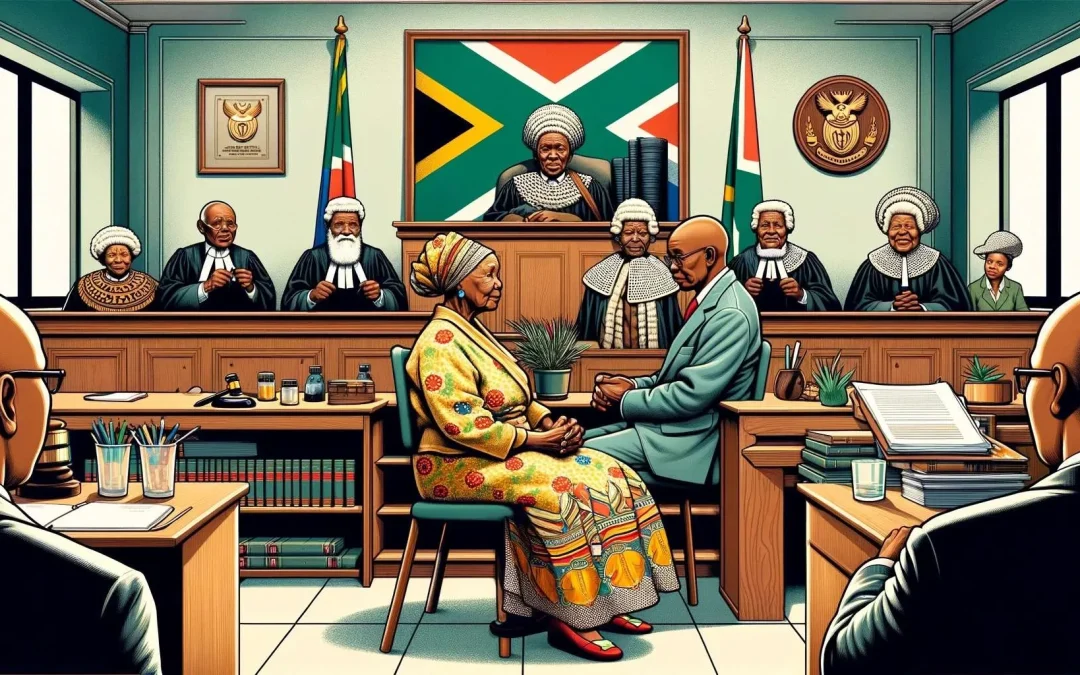
In the case of Mthembu v Ntsako and Others ([2024] ZAGPPHC 259), the North Gauteng High Court, Pretoria, was presented with an urgent application by the surviving spouse of the deceased, seeking an interdict against the executors of a deceased estate, asserting her rights as a spouse married under customary law.
This case unfolds the complexities surrounding the recognition of customary marriages in estate administration, underscoring the pivotal role of registration and its acknowledgement by executors.
Key Points of Judgment:
- Urgency and Legitimacy of Claim:
- The court found the application sufficiently urgent due to the impending sale of the applicant’s home, recognizing the prima facie validity of the customary marriage based on the presented marriage certificate (para. 2, 5).
- Recognition of Customary Marriages:
- Despite the issuance of a marriage certificate by Home Affairs, which serves as prima facie proof of marriage under the Recognition of Customary Marriages Act 120 of 1998 (RCM Act), the executors denied the applicant’s status as a surviving spouse, highlighting the dispute over the completion of lobola negotiations (para. 5, 6).
- Executor’s Duties and Responsibilities:
- The court criticized the executors for planning to proceed with the auction of estate property without considering the applicant’s marital status or obtaining the Master’s approval, as required by the Administration of Estates Act 66 of 1965 (AE Act) (para. 10, 12).
- Court’s Orders:
- Mthembu was granted relief to prevent the disposal of estate assets without Master’s permission and a directive for executors to formally address her claim as a surviving spouse (para. 20.2, 20.3).
- Implications for Estate Administration:
- This case illustrates the legal necessity for executors to respect the rights of spouses in deceased estates, especially concerning the registration and recognition of customary marriages (para. 13, 14).
Memorable Quote from the Judgment:
“The marriage certificate is prima facie proof of the marriage under the Recognition of Customary Marriages Act 120 of 1998” (para. 6).
Frequently Asked Questions (FAQs):
- What constitutes prima facie proof of a customary marriage?
- A marriage certificate issued by Home Affairs evidencing the marriage is considered prima facie proof of a customary marriage under the RCM Act.
- Can executors sell estate property without acknowledging a surviving spouse?
- Executors are required to obtain the Master’s permission before disposing of estate assets and must comply with all relevant provisions of the AE Act, especially when the marital status of a potential heir is in dispute.
- What recourse is available if executors deny recognition of a customary marriage?
- The aggrieved party can approach the court for an order directing executors to formally address their claim as a surviving spouse and, if necessary, to furnish reasons for any refusal, ensuring that their rights are acknowledged in estate administration.
- How does this judgment impact the administration of estates involving customary marriages?
- It underscores the importance of properly recognizing and registering customary marriages in estate administration, affirming the rights of spouses as heirs, and ensuring that executors cannot disregard these rights based on personal beliefs or incomplete negotiations.











